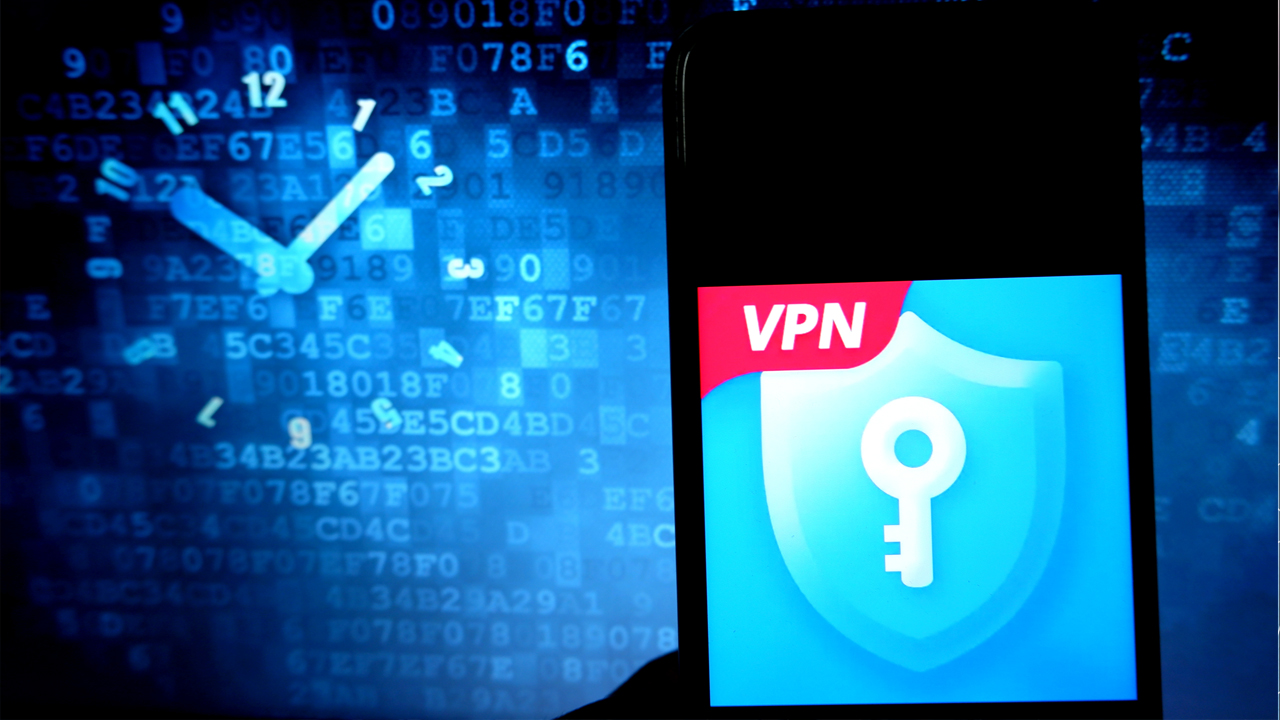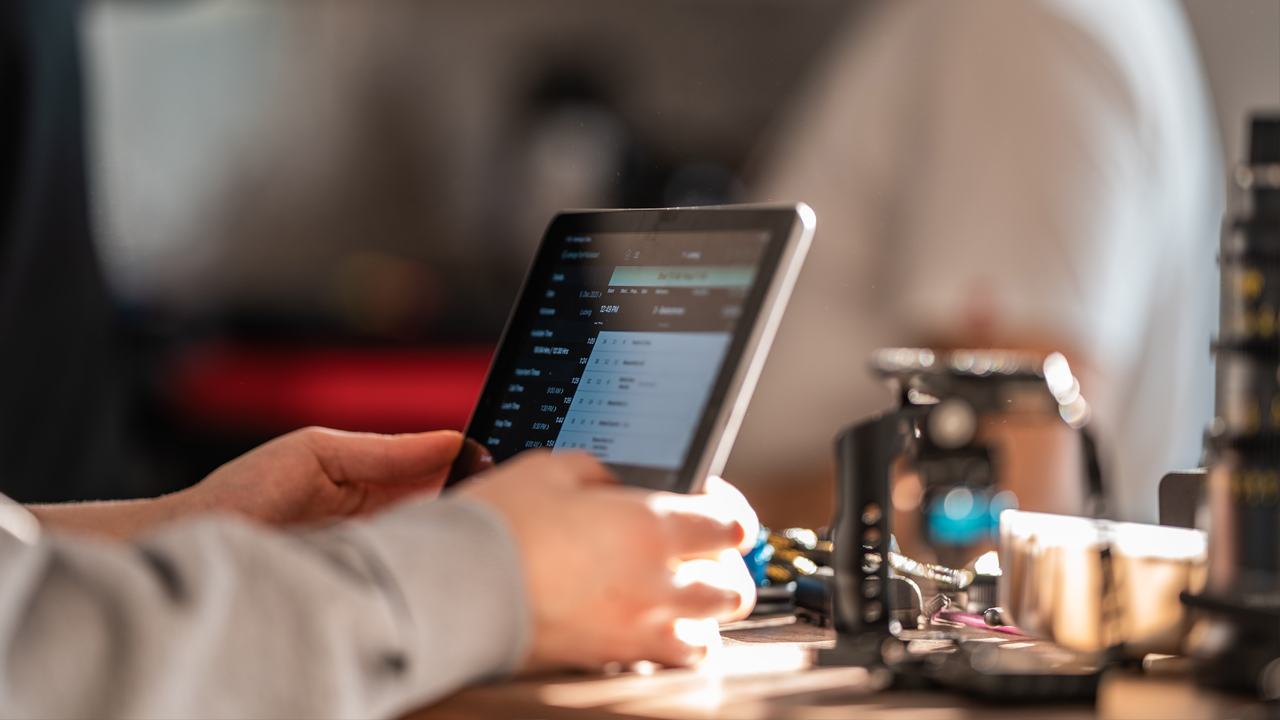Should I leave my VPN on all the time?
Here's our quick guide on how to use your VPN effectively

The best VPN services (virtual private network) keep your IP address, online activities, and personal data encrypted and private. They also enable you to access region-restricted content—and can even reduce buffering issues for streaming. Therefore, it’s unsurprising that the most secure VPN is a popular choice when it comes to improving online anonymity, security, and access.
However, you might be wondering if leaving your VPN switched on all the time has drawbacks or is necessary. In this article, we discuss situations in which you should keep it on and others in which switching it off might be more beneficial.
- Want more viewing variety? Here's how to change region on Netflix
Leaving your VPN on increases privacy and security
Leaving your VPN switched on means your browsing is constantly encrypted and private. This is particularly important when your online activity commonly involves sharing sensitive information, connecting to a public Wi-Fi hotspot, or accessing websites that aren’t fully encrypted.
If you frequently use public Wi-Fi (in places like cafés, airport terminals, and hotels) then it’s vital your VPN is kept on because these networks tend to be insecure, which means hackers and snoopers could easily gain access to your online data/activity. The same thing applies if you’re sharing personal information (e.g., filling out details while shopping online), banking online, or visiting websites that aren’t fully encrypted with a secure HTTPS extension.
In all these scenarios, your VPN keeps you safe by making your presence hard to detect and your data encrypted, so it’s crucial to let it run continuously. Additionally, make sure you use a VPN with a kill switch feature, which instantly turns off your network connection should your VPN stop working.
- What is a VPN? Here, we explain all
A VPN also improves streaming
Firstly, keeping your VPN on means you’re much less likely to experience bandwidth throttling by your internet service provider (ISP).
Typically, an ISP restricts your bandwidth if you’re streaming content that’s deemed to take up too much network space, which can then lead to persistent buffering. As a VPN keeps you effectively hidden from your ISP, you’re much less likely to have your favorite movies and TV shows continually interrupted.
Secondly, most decent streaming VPN services enable you to access geo-blocked content (i.e., content blocked in certain regions/countries), which means you can stream your favorite content on popular platforms, like Amazon Prime and Netflix, from lots of locations. To consistently ensure this, your VPN should always remain switched on otherwise your IP address’ location will be detected and your access blocked.

Are there drawbacks to leaving your VPN on all the time?
Although your VPN can improve problems like bandwidth throttling, it might also cause your internet connection to become sluggish. This is because a VPN redirects your data to a remote server, which can sometimes cause a delay.
If you’re in the middle of something that requires higher speeds and experiencing a considerable lag (e.g., downloading large files), you might find it beneficial to turn your VPN off for a while. However, make sure first that you’re connected to a private Wi-Fi network you can trust (e.g., your home network), so grabbing a fast VPN from the outset may be a simpler solution.
Keeping your VPN constantly switched on may also cause your device’s battery to drain more quickly. If this becomes a problem, it might be a good idea to turn your VPN off for a short spell. That said, always think carefully about the context in which you’ll be turning it off—if you’re connected to a public Wi-Fi network, it might not be the best idea.
Bottom line
In most circumstances, you should leave your VPN switched on to remain protected from snoopers and hackers—particularly if your online activity involves sharing sensitive information, or transferring money, while connected to a public Wi-Fi hotspot.
Additionally, if you frequently like to stream, you will gain better (and wider) access to content with your VPN continuously switched on, as it can bypass irritating restrictions like bandwidth throttling and geo-blocked content.
You might want to temporarily turn off your VPN if it’s causing your internet browsing speed to noticeably lag, but always consider the potential security risks before doing so.
What do we recommend?
ExpressVPN stands out from the competition in terms of price, features, and value. With servers in nearly 100 countries, all the security features we mention above, blazing connection speeds, and reliable access to multiple streaming services, ExpressVPN is an excellent choice for those after security with no compromises.
While some users may prefer certain features of other top VPNs, it’s the best overall option for most users – and now Tom’s Guide readers can claim three months absolutely free.
Get instant access to breaking news, the hottest reviews, great deals and helpful tips.
Liam is a freelance content writer with two writing-based university degrees. He has accumulated knowledge in a variety of tech topics, including VPNs, antivirus products, cybersecurity, TV streaming, and popular apps. He also contributes to an arts and culture online magazine called Now Then, based in Manchester, England. In his spare time, he enjoys reading and writing poetry.
 Club Benefits
Club Benefits







